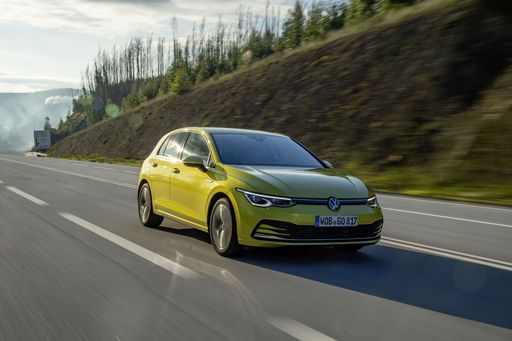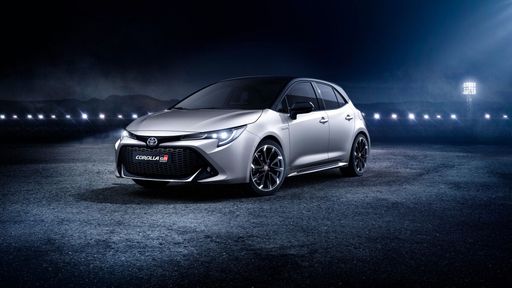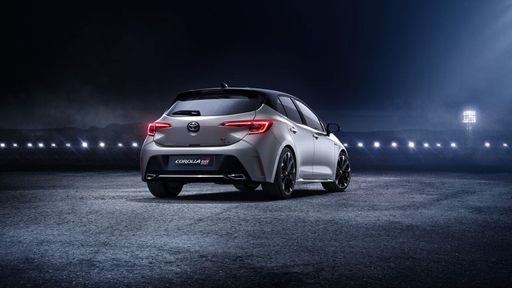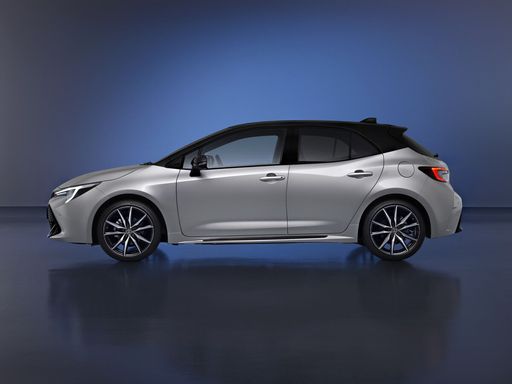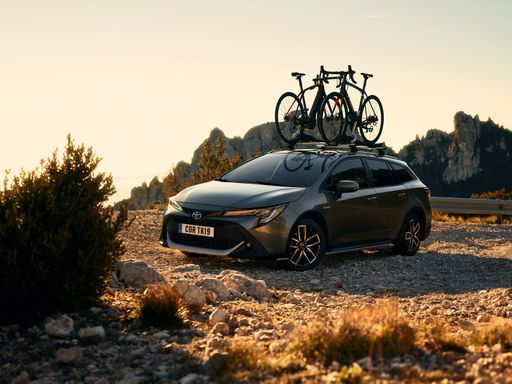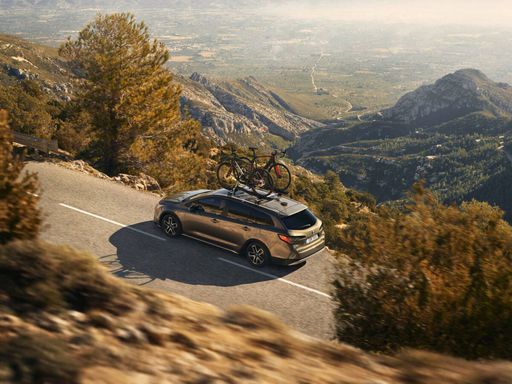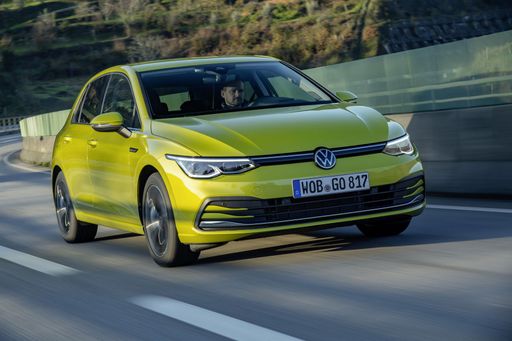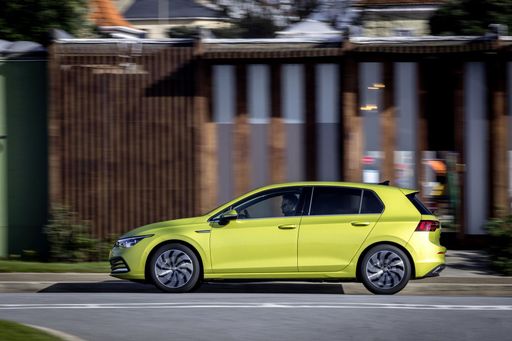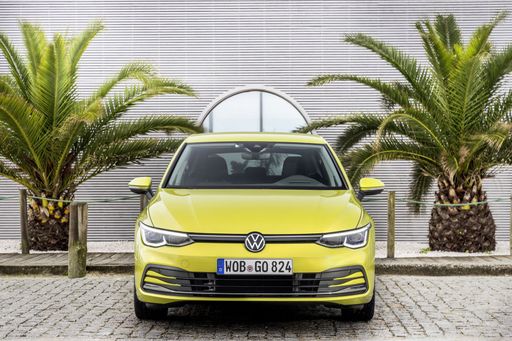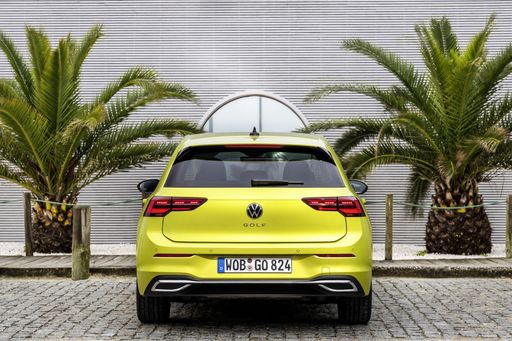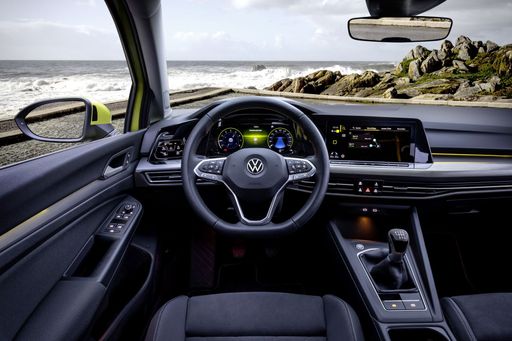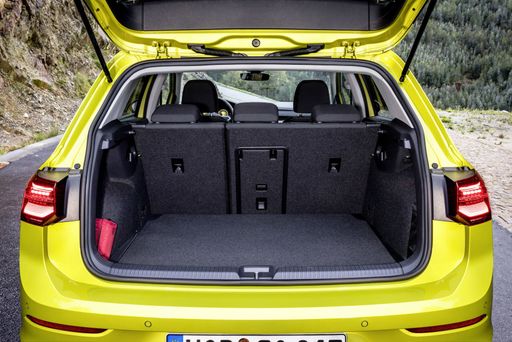An In-depth Look at Two Icons: Toyota Corolla vs. VW Golf
The automotive market is never short of contenders, but when it comes to hatchbacks, two names stand tall - the Toyota Corolla and the VW Golf. Both vehicles have a rich heritage and have become benchmarks in the compact segment. Let’s delve into the details and compare these titans regarding their technical features, efficiency, and innovations.

